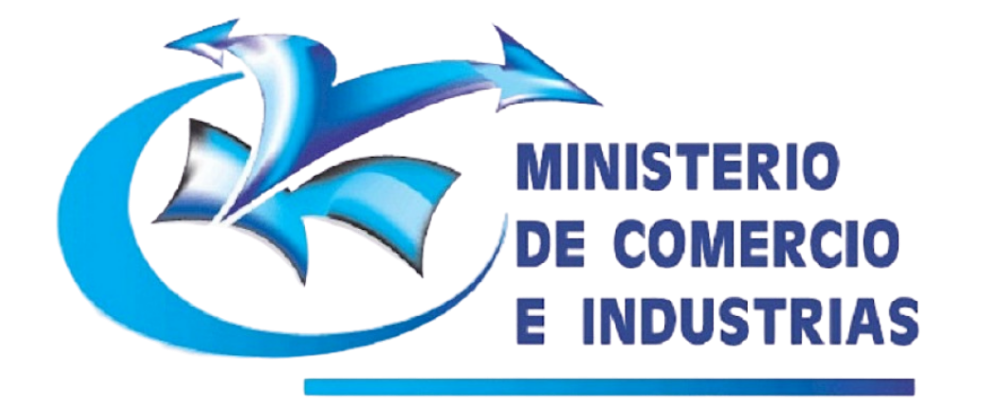Memory and Learning Assessment
If you want to learn more about memory and its importance in learning, I recommend that you click on the following article:
Memory assessment and its importance in Educational Neuropsychology
🧠 From a biological point of view, memory is defined as the ability of living beings to acquire, retain, store and recall information. Memory, apart from allowing us to remember events from the past, is also involved in our own identity, childhood memories and even gives us the ability to store and execute plans and intentions for the future, which is known as prospective memory.
Thinking about offering our clients the most prestigious neuropsychological assessment tools, we acquired the TOMAL (Memory and Learning Test). Below, I will explain some of the benefits of this test.
👉🏼 The TOMAL (Memory and Learning Test) is a battery specialized in assessing memory, designed for people between 5 years and 0 months up to 19 years, 11 months and 30 days. From our point of view, one of the main benefits of the TOMAL is that it allows measuring memory from a comprehensive perspective, considering the evaluation of verbal memory, non-verbal memory, compound memory, delayed recall, sequential recall, free recall, associative recall, learning index and attention/concentration index.
🤓 Likewise, we have complementary tests that allow us to obtain a measurement of memory in a transversal way, offering the possibility of establishing relationships between the results, thus strengthening the reliability, validity and precision of the neuropsychological evaluation carried out. Some of these complementary scales are:







